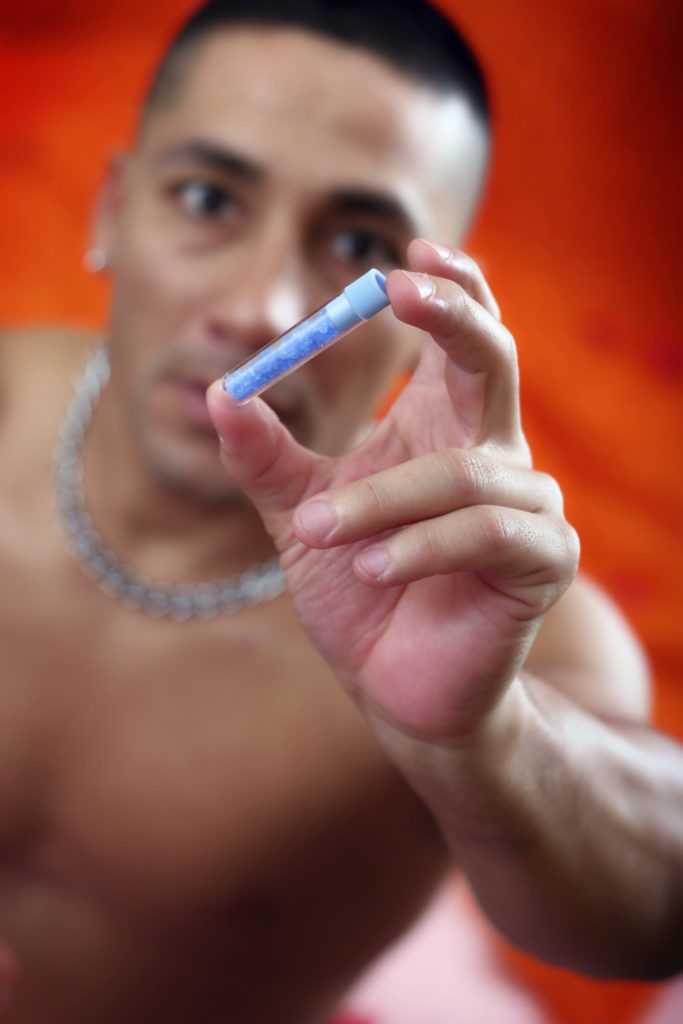The power of positive thinking. Some people addicted to drugs and alcohol swear by it, and new science reaffirms the power of its effectiveness. Mauricio Delgado, a cognitive neuroscientist at Rutgers, led a study where participants were either flashed a blue or yellow card. Half the volunteers were told to associate the blue card with a real $4 payoff, and the yellow card with nothing; the other half was given the opposite color assignments to prevent color biases. When the color cards were flashed on a screen, the volunteers were told either to focus on their prize for the color associated with money, or to think of a calming natural object like the ocean or sky when shown the other color. An electrode attached to the participant’s fingers measured excitement levels, and not surprisingly, the subjects were more excited when shown the card associated with a monetary payoff. Thoughts of nature slightly lowered activity in the brain’s reward center. This holds exciting news for those addicted to drugs or alcohol. If thinking peaceful thoughts lowers the excitement associated with a reward, then picturing a peaceful scene may help an alcoholic the next time he or she is strongly craving a drink. This cognitive power may help anyone – alcoholics, smokers, drug users, even people on a diet. Even though the possibility of a high is more tempting than the opportunity to win a few dollars, thinking about not only peaceful but more precious things like family and friends may really be effective. Picturing these loved ones would serve as inspiration to not indulge in a habit, and will also be calming. Combining this method of positive thinking with proper therapy will truly be a winning combination to fight addiction. For more information about drug and alcohol treatment, please visit The Right Step today!






